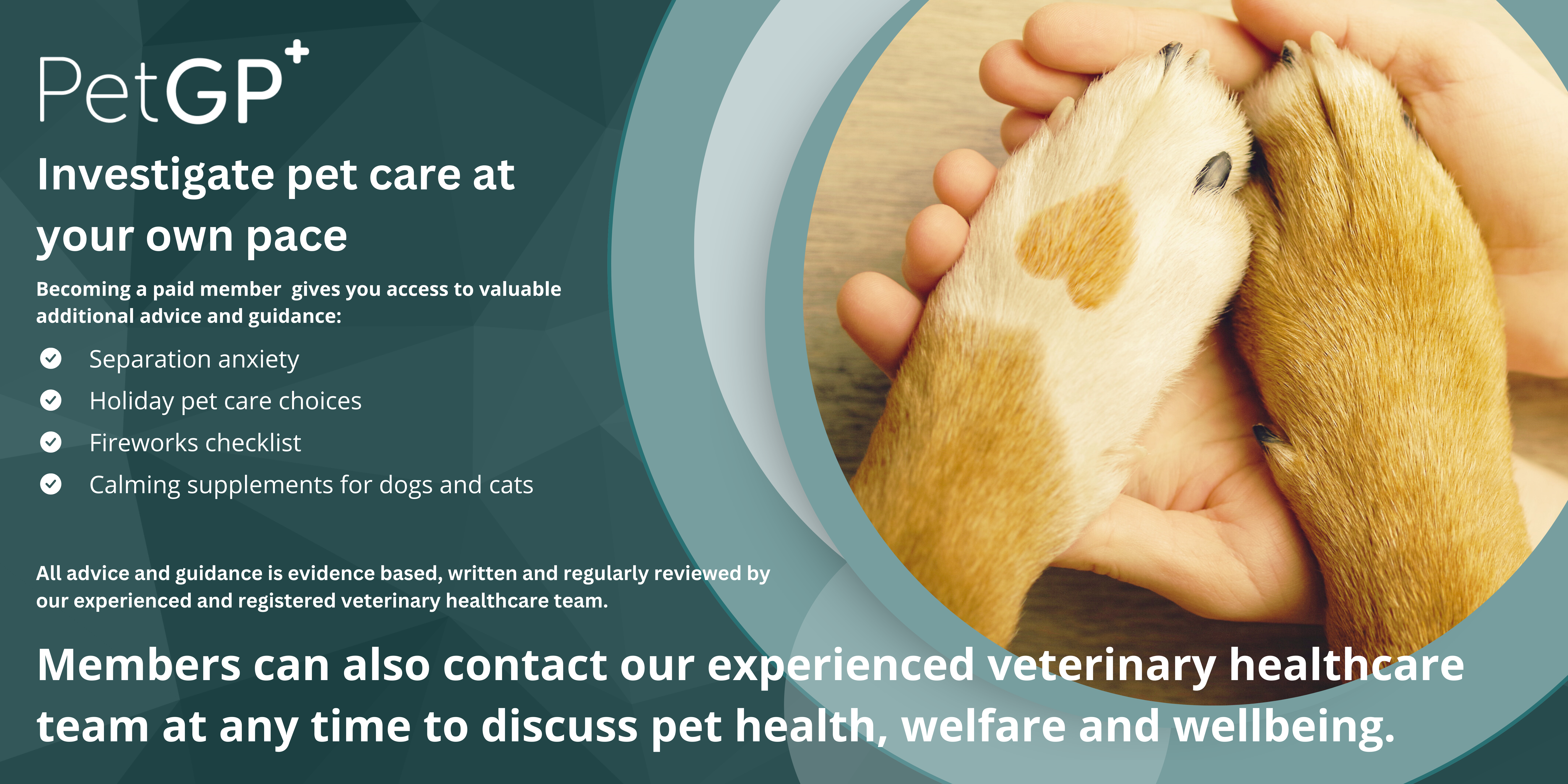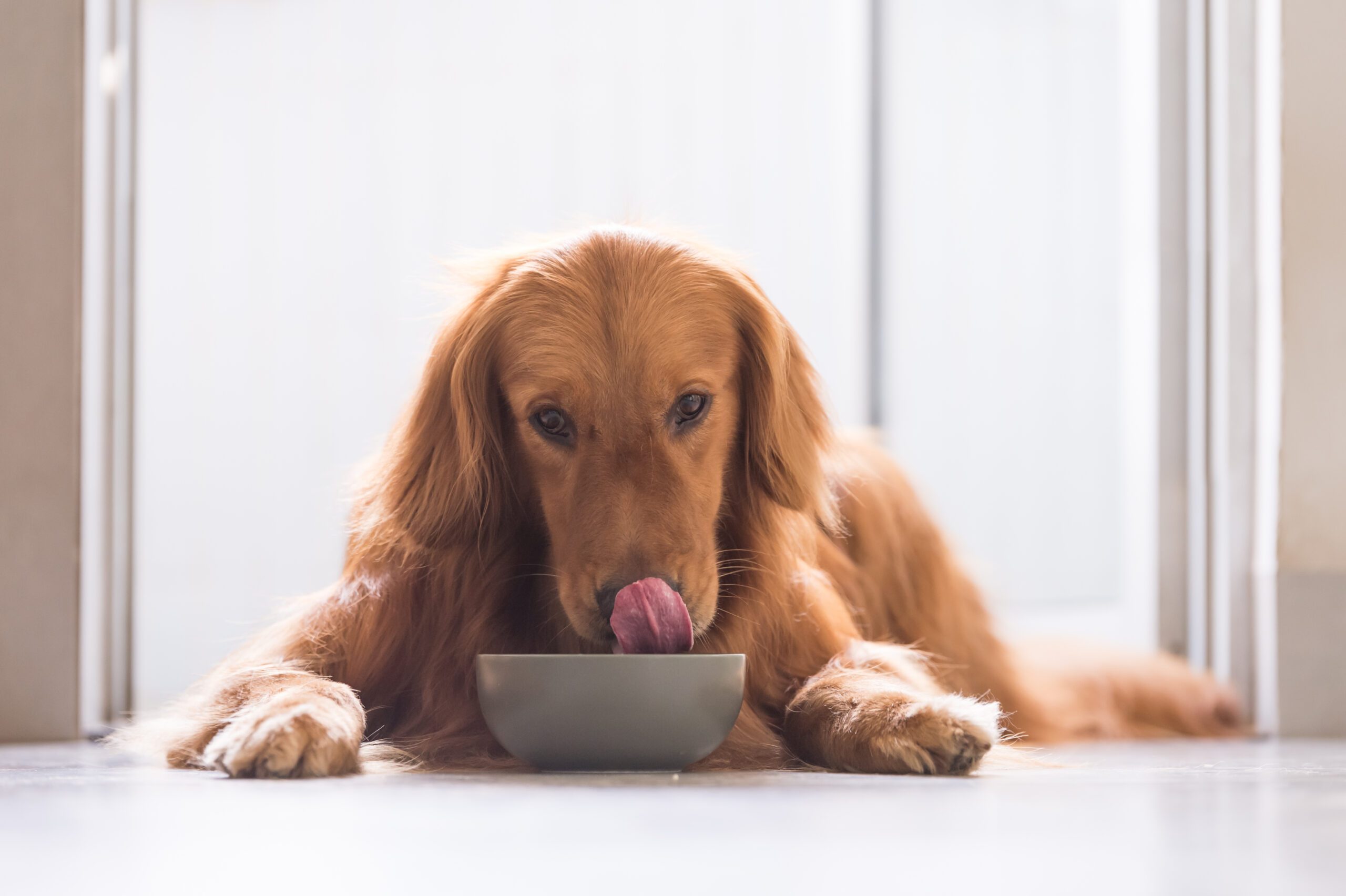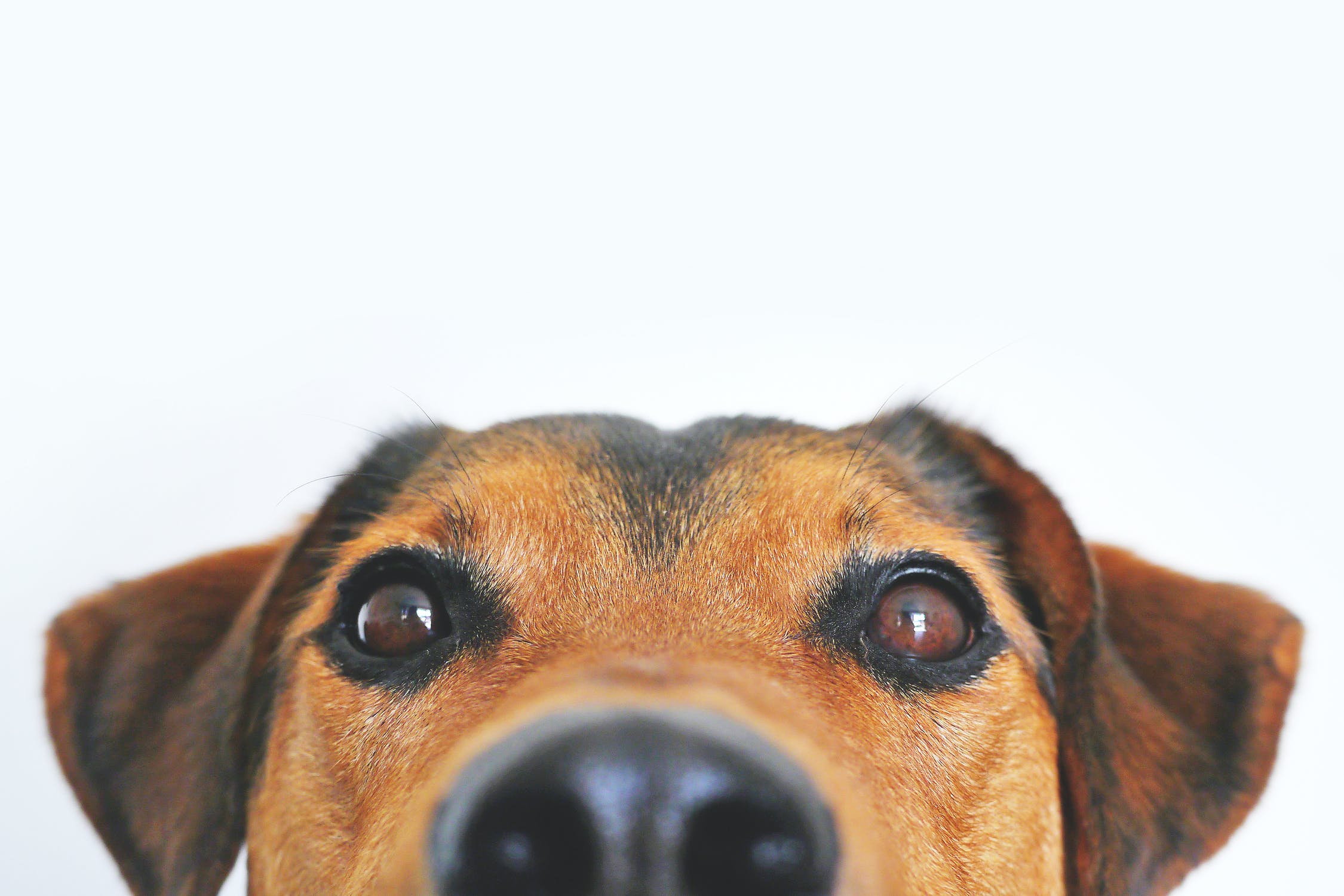Raw feeding in dogs
Raw feeding has grown in popularity over recent years, and it's vital that you consider all the evidence before making a change to raw feeding. Currently, there is limited scientific evidence for the benefits of raw diets. There are anecdotal reports and varying opinions. More research is needed throughout the field. There are multiple important points to consider if raw feeding is to be attempted. We will discuss those here.
Raw feeding is described by the Pet Food Manufacturers Association report, 2017 as feeding of food such as raw meat, offal, and bone. It also includes vegetables, nuts, oils, fruits, and seeds.
This is commonly known as a BARF diet or Biologically Appropriate Raw Food. This food has not been heat processed before being fed to your cat. These foods can be either via a homemade or commercially prepared diets available from pet suppliers and pet shops. Commercially prepared options are sold as frozen or freeze-dried raw foods. These are either a sole or “complete” food source or as a “complimentary” option fed alongside another food source. Complimentary feeds are designed to be fed as part of a diet only. They are not nutritionally balanced when fed alone. They should NEVER be fed as the sole source of nutrition to your dog.
Considerations with raw feeding in dogs
Contamination
Recent scientific studies have shown that a high number of raw meat diets (both commercial and homemade) are contaminated with bacteria. Some bacteria are likely to have no ill effect on your dog. However, there are wider implications for human health as some may have serious consequences. It was found that 80% of commercial raw diets contained Salmonella. Of the pets in the study fed these diets, 30% were actively shedding Salmonella in their stools. Your dog may not have any signs of ill health, but there is a health responsibility to the wider human and dog population. Human grade meat and animal by-products may still be contaminated with harmful bacteria.
The US Food and Drug Administration’s center for veterinary medicine conducted a study. It led them to advise against all raw feeding in the USA. There have also been links between contamination of thyroid tissue in raw feeding and health problems in dogs.
Dental Health
There are anecdotal reports of improved dental health in dogs fed raw diets. However, no evidence or clinical studies have been able to confirm this. There is significant evidence that feeding a specialized dental diet can reduce dental disease and improve oral health in your dog. With your dog, it’s also important to bear in mind differences between breeds which can mean that dental health will vary.
Skin
Anecdotal improvements in skin health on raw fed dogs have been reported. In Europe, allergies to house dust mites and storage mites are very common in dogs shown to be sensitive. It was found that 94% of dogs with allergy-related symptoms tested positive for storage mite allergies. Storage mites are naturally found in dry food stores and will be found within dry commercial dog foods. Feeding a raw diet may remove this risk for dogs with known or diagnosed skin allergies related to forage and storage mites.
Nutrients
When feeding your dog, it's important to remember the necessity of a balanced and complete diet for their life stage. This ensures that they get all the nutrients they need without leading to any deficiency. Feeding raw can make it difficult to achieve this, especially if feeding a homemade diet. The pet food manufacturers association in the UK provides guidance for commercial manufacturers. This ensures all your dog’s nutritional needs are being met. There are also case studies of pets developing health problems linked to nutritional risks in raw feeding.
Best Practice guidelines for raw feeding
Current best practice advice in the UK for raw feeding, as advised by the British small Animal Veterinary association includes:
- Diets should be prepared by a professional trained in commercial pet food manufacture.
- Diet should be formulated by and in consultation with individuals trained in animal nutrition to a senior level.
- Anyone considering a home prepared raw diet should only do so using a recipe overseen and approved by a member of a veterinary nutrition body.
In the UK (according to DEFRA) , any pet food manufacturer wanting to achieve their approval for sale must follow stringent guidance. This includes regulating the transport, storage, and processing of the ingredients and food. They must use human grade by-products (meat, offal, game, or fish). They must also conduct laboratory batch testing for bacterial contamination and issue product recalls if issues are identified.
These checks mean that any raw pet food manufacturer registered by DEFRA is subject to stringent oversight. This is an important factor to consider when choosing whether to feed your dog a raw diet





